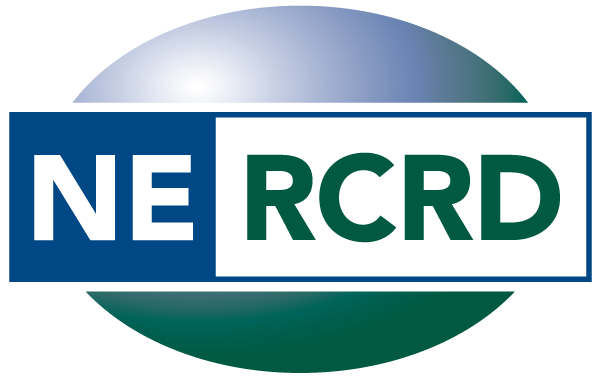New York Muck Onion Growers explore “Goût de Terroir”
March 25, 2021
There are about 7,000 acres of onions grown each year on the muck or “black dirt” regions of New York. These rich, peaty soils are naturally high in sulfur, which in turn leads to high sugar content and pungency—perfect for cooking. In 1960, nearly 20% of yellow onions grown in the United States came from New York’s black dirt regions. Today, however, New York’s muck onion growers produce only about 3% of the yellow onions in the U.S. Global competition and a somewhat laissez-faire approach to marketing have led to this decline.
But rural economist Dr. Philippe Jeanneaux from VetAgro Sup college in France, a Fulbright visiting scholar at Cornell University, is advising the muck onion growers on how to capitalize on the goût de terroir, or “taste of place,” that makes these onions unique. Dr. Jeanneaux sees a parallel between specialty onion crops in France, such as the onion of Roscoff and the sweet onion of Cévennes. According to Jeanneaux, New York muck onion growers could capitalize on the unique muck soils and production practices that lead to the onions’ unique organoleptic qualities and long storage capacity. “New York’s muck onions are special,” Jeanneaux says, “but they are marketed the same as any other yellow onions grown in North America, which does not take advantage of their unique qualities. There is potential for more production, sales, and profit for these growers and other stakeholders in the value chain.”
Dr. Jeanneaux is working with the Lyson Center for Civic Agriculture and Food Systems (a project of the Center for Transformative Action, a nonprofit affiliated with Cornell) to develop the AgriCluster Retention and Expansion (ACRE) Program. Led by a trained facilitator, an ACRE project takes farm groups that are starting up or at a strategic crossroads through a five-step strategic business planning process. The muck onion growers who are piloting the process have been working with Jeanneaux and the Lyson Center since last fall. Other project collaborators include Roberta Severson of Cornell’s Cooperative Enterprise Program and Maire Ullrich of Cornell Cooperative Extension of Orange County, New York. A large number of advisors to the project include USDA officials, private consultants, Cornell and Penn State faculty, and NGO staff. NERCRD’s Sarah Rocker and Stephan Goetz also are participating in the project.
A video update of the project can be seen at https://youtu.be/SYc1VbgqNlc
The next step in the ACRE project is exploring in more detail how muck onion growers working in collaboration with onion handlers might establish a specialty brand, a certification mark, or possibly even a federal marketing order. Collaborative actions such as these could help promote New York’s muck onions in a strategy that is comparable to and compatible with the way world famous Vidalia onions are promoted. But while they are promoted as sweet onions used fresh, New York’s muck onions would be promoted as ideal for cooking. Citing trends in onion consumption, Jeanneaux said, “I think there is enormous potential for muck-grown onions to thrive again, and with the right approach and support they could become a preferred onion for home cooks and for restaurants seeking the ideal cooking onion.”
The Lyson Center’s ACRE Project team was just awarded a Northeast Sustainable Agriculture Research and Education Program professional development grant to support training and certifying extension and NGO staffers in conducting ACRE projects throughout the Northeast in 2021–23. It is hoped that the ACRE approach to strategic business planning will help groups of mid-scale family farmers make tough decisions in an increasing competitive global marketplace.
For more information on muck onions and/or the ACRE strategic business planning project, contact Duncan Hilchey at duncan@lysoncenter.org.
—Submitted by Duncan Hilchey
